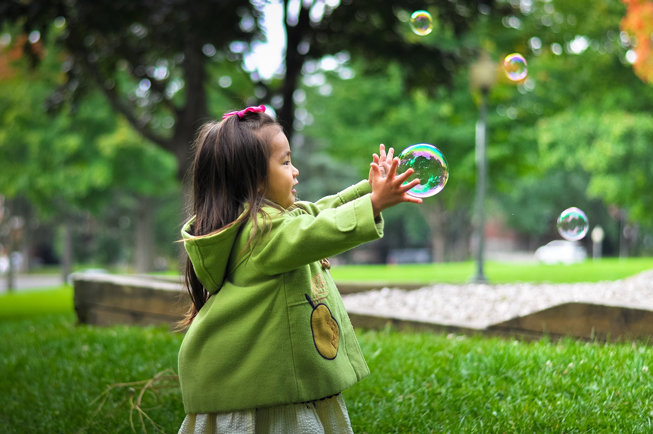What is play?
Play is self-chosen. Children are born to play. They love to play. They will play all day if they are allowed. If you have to coax them into doing something, then it is not play. Play should never feel like work or an obligation.
Play is enjoyable. Play is fun! Play has no agenda. Play is not for the purpose of meeting adult goals.
Play is inherently valuable. All play is learning, no matter what it is or whether you can clearly see the skills being mastered or not. There is no hierarchy of play.
Play is unstructured. In play, children make the rules. They decide how long they play for and what direction their play takes.
“Perhaps play would be more respected if we called it something like “self-motivated practice of life skills,” but that would remove the lightheartedness from it and thereby reduce its effectiveness. So, we are stuck with the paradox. We must accept play’s triviality in order to realize its profundity.” –Peter Gray
It seems we have rightly latched onto the idea that play-based learning is what is best for children. But instead of recognizing the obvious value in free and unstructured play, we have twisted it to get children to learn what we want them to learn. Instead of making more time for play, we are defeating its purpose by pushing adult agendas and requirements. Need five-year-olds to learn their letters? Make a ‘fun’, playful activity and call it ‘play-based learning’. But that’s not how it works. We do a great disservice to children by trying to use their natural inclinations for self-education against them as a way to get them to conform to what we want them to do.
“Childhood is not a race to see how quickly a child can read, write and count. Childhood is a small window of time to learn and develop at the pace which is right for each individual child.”–Magda Gerber
I am not saying to not play with your kids, make suggestions, or set things up for them to explore. But be mindful of your agenda. Children should feel free to play and use what is available to them however they like, with no expectations. Maybe Johnny paints a picture of a flower with the paints you left out for him.
Maybe he experiments with mixing colors. Or maybe he just wants to squirt the paint in his belly button. It doesn’t matter because it’s his choice. He is learning through play and that is always surprising and beautiful to watch.
I strongly believe in the value of free and unstructured play for children. This is where true learning is found! Let’s stop confusing the meaning of play-based learning. Let us leave play to the experts—our children. It is not ours to control or influence.
Play is not something you do to a child.
Written by Ms. Lois Yoda, Head Teacher of MSLC’s Preschool Program
